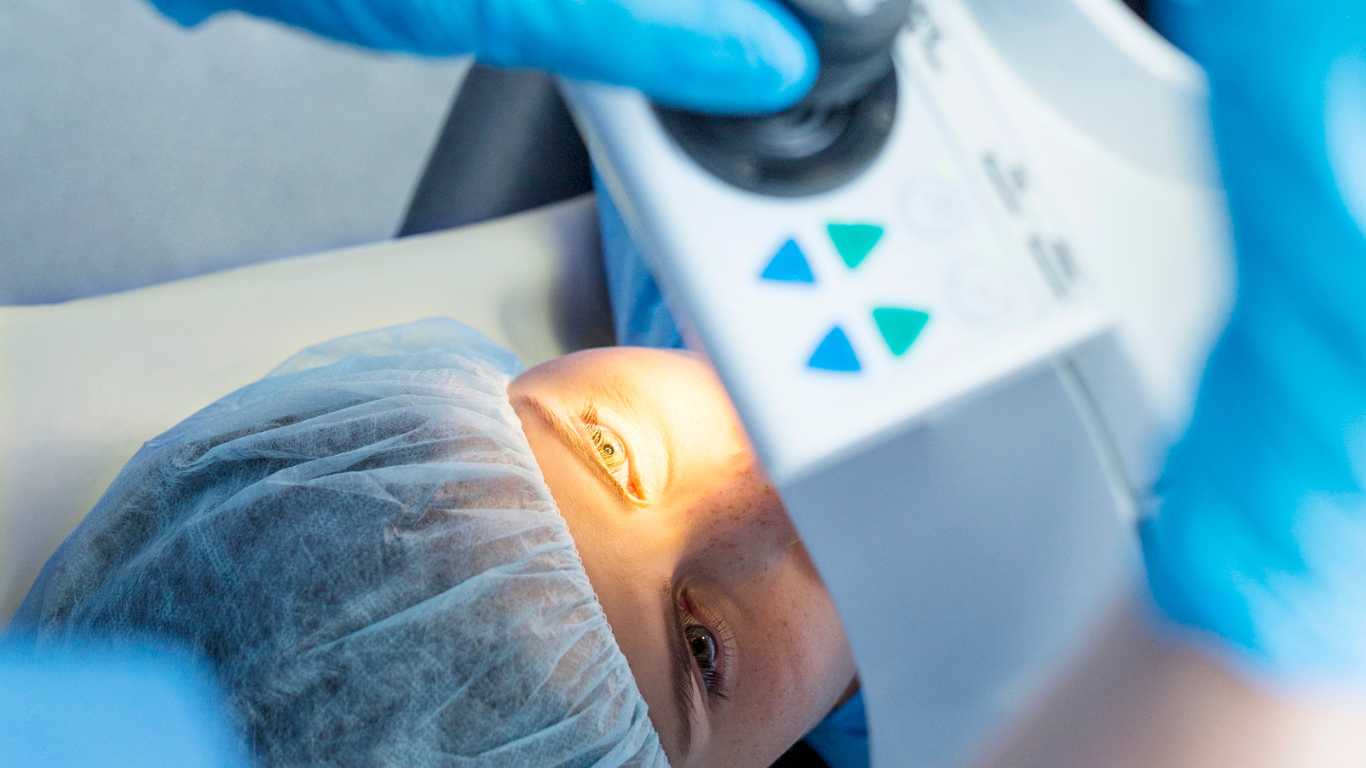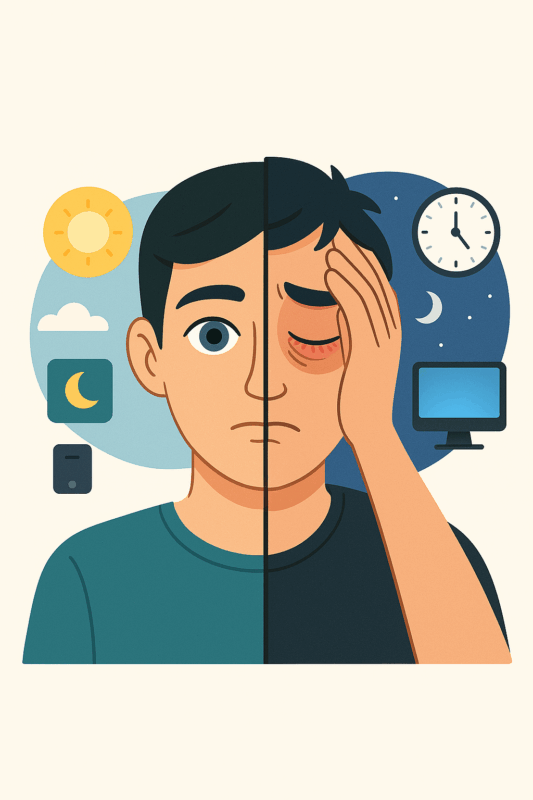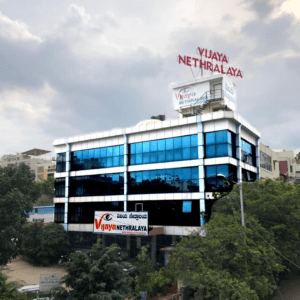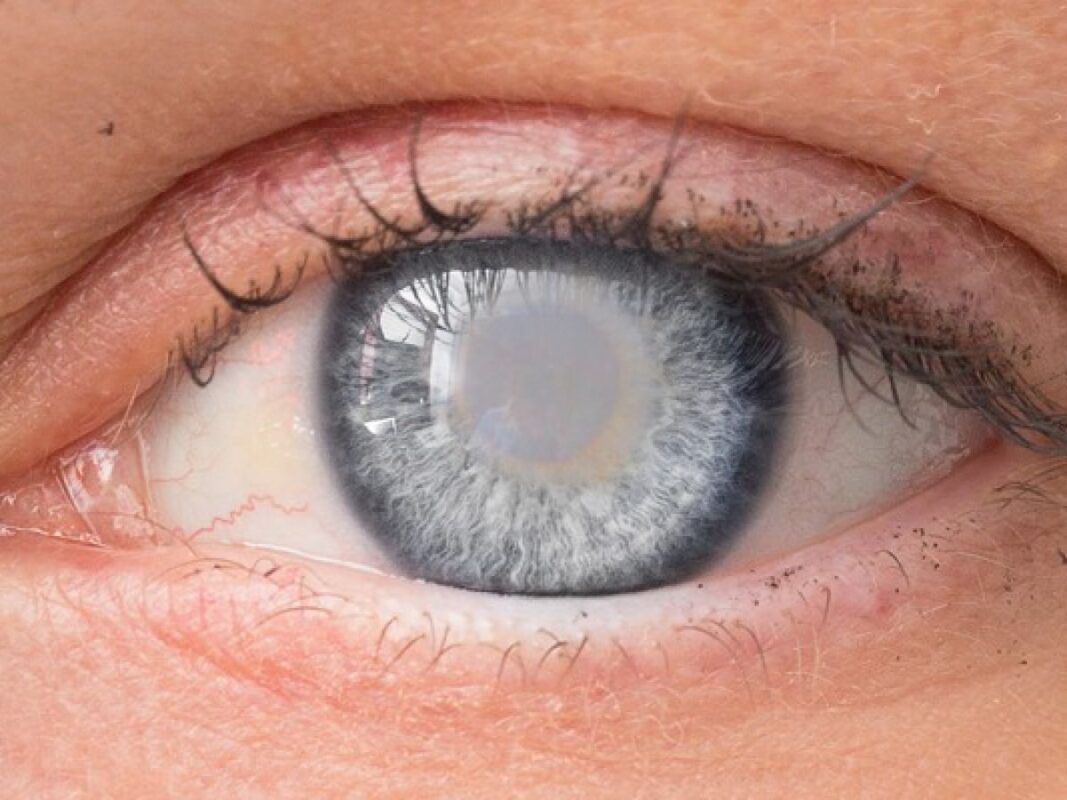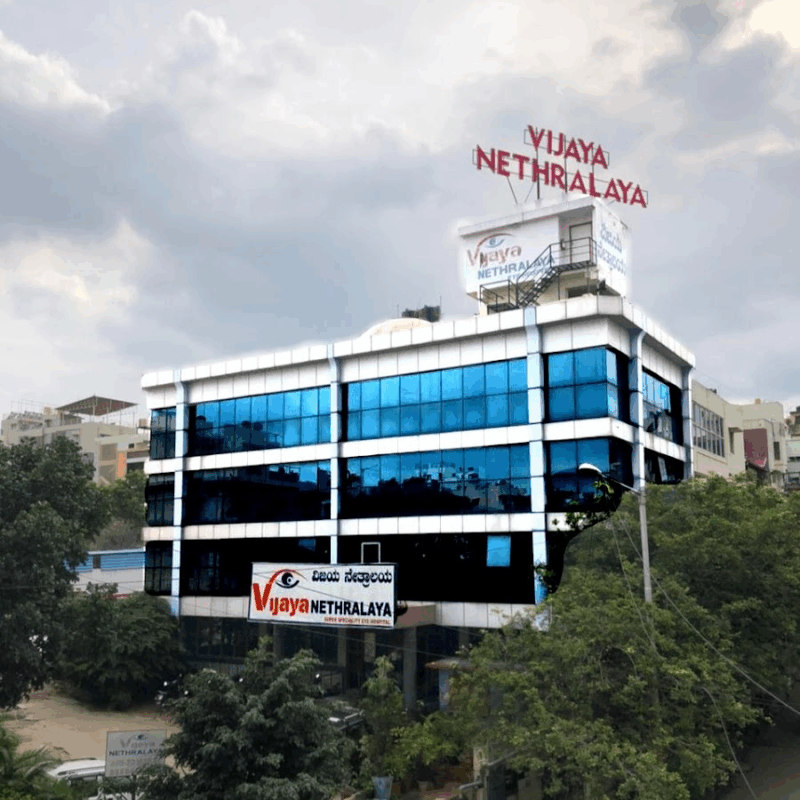If you’re considering LASIK eye surgery, you’re likely intrigued by the promise of improved vision and reduced dependency on glasses or contact lenses. However, understanding the Lasik Eye Surgery Recovery Time is just as crucial as knowing the benefits of the procedure itself. In this comprehensive guide, we’ll walk you through the ins and outs of LASIK eye surgery recovery, providing you with essential information to ensure a smooth healing journey.
Understanding LASIK Surgery:
LASIK, an acronym for “Laser-Assisted In Situ Keratomileusis,” has gained widespread popularity as a surgical procedure intended to correct refractive vision issues like nearsightedness, farsightedness, and astigmatism. Throughout the surgery, a precise laser reshapes the cornea with the aim of enabling accurate focusing of light onto the retina, thereby enhancing vision.
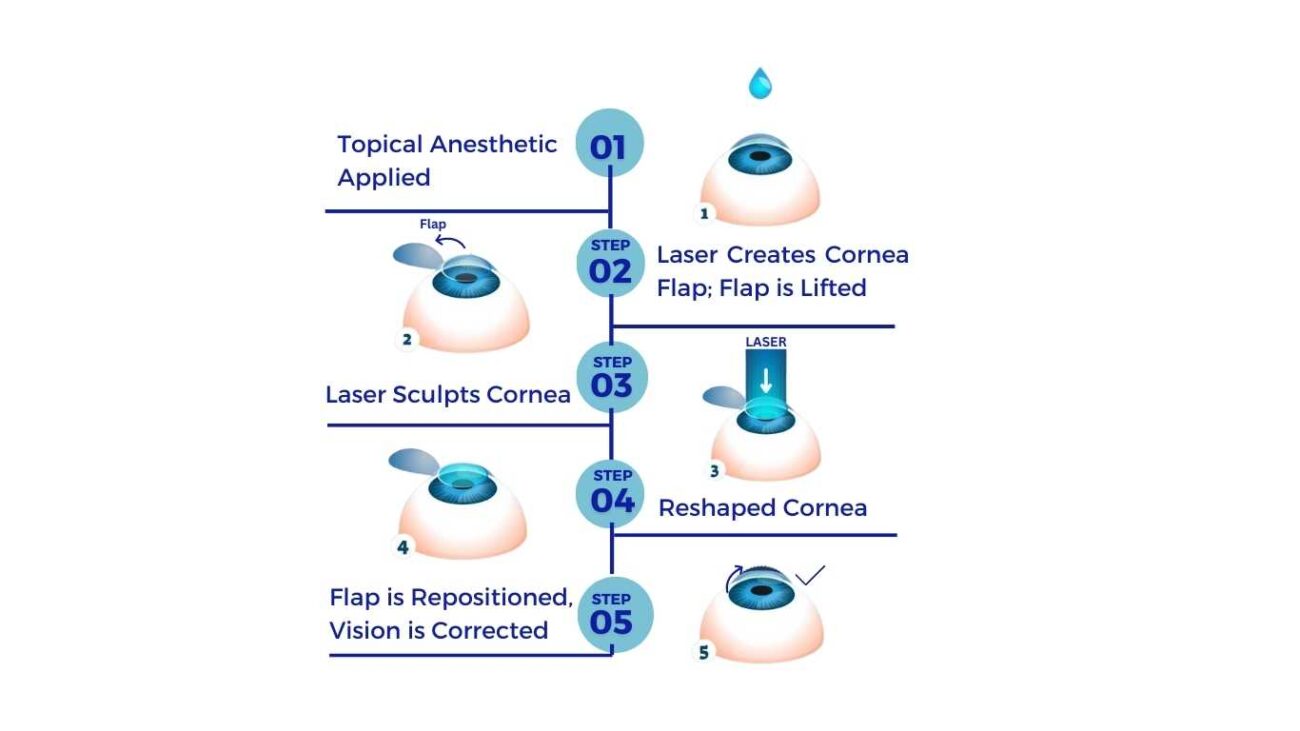
Immediate Post-Operative Period:
Right after the surgery, you may experience some discomfort and a slight burning sensation.This is a normal situation and medical professionals usually manage it with prescribed pain relievers and eye drops. It’s essential to have someone drive you home after the procedure, as your vision might be blurry initially.
The First Week: Critical Healing Time
The first week following LASIK is crucial for your eyes to heal properly. During this time, you might experience fluctuating vision, dryness, and sensitivity to light. It’s imperative to follow your doctor’s instructions meticulously, which may include using prescribed eye drops, avoiding rubbing your eyes, and wearing protective eyewear, especially while sleeping.
Weeks 2-4: Continued Progress
As you enter the second and third weeks post-surgery, you’ll likely notice a significant improvement in your vision. Many individuals can return to work or normal daily activities at this point. However, it’s still advisable to avoid strenuous activities that might expose your eyes to potential harm or strain.
Long-Term Recovery: Months After Surgery
Over the next few months, your vision should stabilize, and any residual side effects should diminish. Attend all scheduled follow-up appointments with your surgeon to monitor your progress. Remember that everyone’s healing process is unique, so don’t be alarmed if your recovery timeline differs slightly from others’.
Precautions and Tips for Optimal Recovery:
- Avoid Eye Makeup: For the first couple of weeks, it’s best to steer clear of eye makeup to prevent any particles from irritating your healing eyes.
- Protect Your Eyes: Wear sunglasses whenever you’re outdoors, even on cloudy days. UV protection is essential during the healing phase.
- Stay Hydrated: Adequate hydration promotes overall healing, including that of your eyes. Drink plenty of water.
- No Swimming or Hot Tubs: Avoid submerging your eyes in water for at least a month to prevent the risk of infection.
Conclusion:
LASIK eye surgery can be a life-changing experience, offering improved vision and greater convenience. By understanding the recovery process and following your doctor’s guidance, you can significantly contribute to the success of your surgery. Remember that patience is key, as your eyes need time to heal properly. If you’re considering LASIK, consult with a qualified ophthalmologist to determine if you’re a suitable candidate and to get personalized advice for your recovery journey. In conclusion, the journey to better vision through LASIK is an exciting one. From the immediate post-operative period to the long-term recovery, each phase plays a vital role in achieving the best possible outcome. By prioritizing your eye health, adhering to the provided guidelines, and giving your eyes the time they need to heal, you’ll be well on your way to enjoying the benefits of improved vision and reduced reliance on corrective eyewear.
FAQs:
How many days is Lasik’s Eye Surgery Recovery Time?
Rest after LASIK Surgery: The amount of rest required after LASIK surgery can vary from person to person, but most individuals are advised to take it easy for the first 1 to 2 days after the procedure. This involves avoiding strenuous activities and giving your eyes a chance to heal.
Can I sleep normally after LASIK?
Sleeping after LASIK: While you can sleep after LASIK, it’s recommended to avoid rubbing your eyes, which could disturb the healing process.
Can I go out 24 hours after LASIK?
Going Out after LASIK: In many cases, patients are able to go out 24 hours after LASIK surgery. However, it’s important to wear sunglasses and avoid direct sunlight, as your eyes might be sensitive to light during the early stages of recovery.
Is LASIK recovery painful?
LASIK Recovery Pain & Lasik Eye Surgery Recovery Time: The actual LASIK procedure is relatively painless due to numbing eye drops, but it’s common to experience some discomfort, dryness, and a sensation of grittiness in the eyes during the initial recovery period. Your doctor will likely
How long are eyes blurry after LASIK?
Blurry Vision after LASIK: Blurry vision is normal immediately after LASIK surgery, and it’s a part of the initial healing process. Many people experience significant improvement in vision within the first 24 to 48 hours after the surgery. However, it can take several days to weeks for your vision to stabilize completely and for any residual blurriness to fully resolve.

